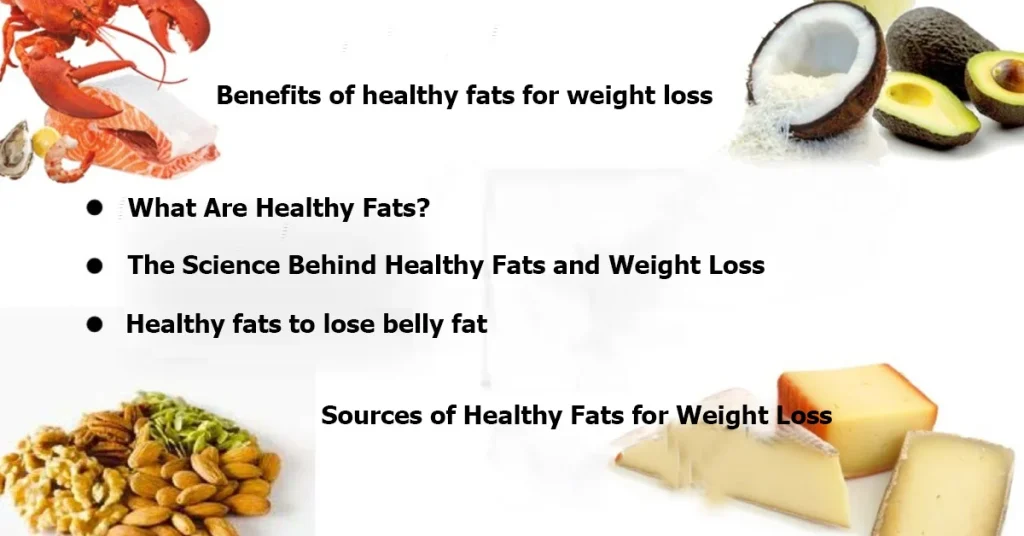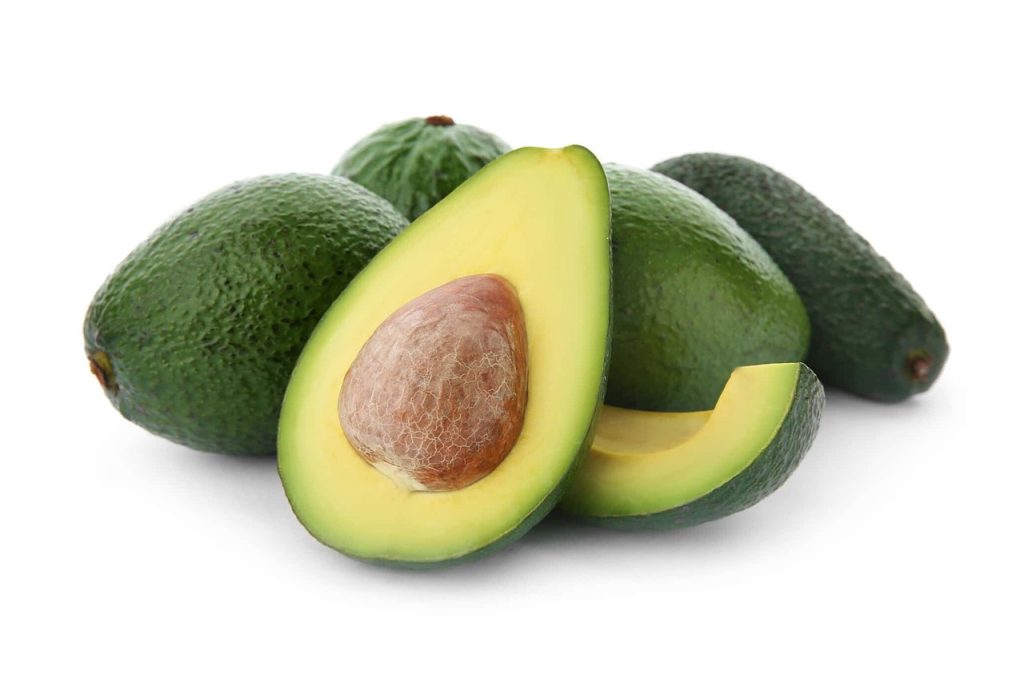High-fat foods for heart health brain Health weight management: Nutritional Powerhouses That Can Benefit Your Health
Healthy fats are a game-changer in the world of nutrition. Contrary to old myths, they’re essential for vibrant living, fueling your body while enhancing heart health, sharpening brain health, and aiding weight management.
Let’s talk about the stars of the high-fat food world. Avocados, with their creamy texture, are brimming with monounsaturated fats, which help reduce bad cholesterol and support cardiovascular function. Nuts like walnuts and almonds deliver omega-3 fatty acids that feed your brain while keeping your arteries happy.
Fatty fish, such as salmon and mackerel, stand tall as superfoods, reducing inflammation and improving cognition. Don’t overlook olive oil, the liquid gold of the Mediterranean diet—it’s a heart-loving staple that balances cholesterol levels.
Eggs, once misunderstood, are now celebrated for their high nutrient density and ability to keep hunger at bay. Similarly, seeds like chia and flax are tiny but mighty, packed with fiber and healthy fats. Even dark chocolate, when chosen with care, offers antioxidants and monounsaturated fats to boost wellness.
Incorporating these high-fat foods for heart health, brain health, and weight management can revolutionize your diet. The key lies in balance and quality, ensuring your fats come from wholesome, nutrient-rich sources.

Good Fats for Weight Loss Vegetarian Foods You’ll Love
Unlock the Benefits of Healthy Fats for Weight Loss
The Role of Saturated Fats: High-fat foods for heart health brain Health weight management
Saturated fats, once vilified, play a nuanced role in health. Found in high-fat foods for heart health, brain health, and weight management, they provide energy, support hormone production, and aid cellular function. While moderation is key, sources like coconut oil and grass-fed butter can be beneficial. Balance saturated fats with unsaturated ones for optimal vitality and well-being.
Why Full-Fat Foods May Be Better
Full-fat foods are often richer in nutrients and more satisfying than their low-fat counterparts. They provide essential fatty acids, aiding heart health, boosting brain health, and supporting weight management by curbing hunger. Options like full-fat yogurt and cheese offer balanced energy and flavor, making them valuable additions to a wholesome, nutrient-dense diet when consumed mindfully.
Top 9 High-Fat Foods Packed with Nutrients
Here are nine high-fat foods that are incredibly nutritious and worth incorporating into your diet.This overview highlights the importance of healthy fats and how they can enhance your diet when chosen wisely.
Avocados
Avocados are truly unique among fruits. Unlike most fruits, which are rich in carbohydrates, avocados are packed with healthy fats.
In fact, approximately 80% of an avocado’s calories come from fat, making it one of the highest-fat foods, even compared to many animal-based options.
These creamy fruits are also an excellent source of potassium, providing 15% of the Daily Value (DV) in just a 5-ounce (150-gram) serving. On top of that, they’re loaded with powerful antioxidants.
A study conducted with 45 participants revealed that eating one avocado daily for five weeks significantly improved cholesterol levels.
Avocados are also rich in fiber, which brings a host of benefits, including better digestion, improved heart health, and support for weight management.

Cheese
Cheese often gets a mixed reputation, but it’s surprisingly nutritious and packed with valuable nutrients.
It serves as an excellent source of calcium, vitamin B12, phosphorus, and selenium, along with various other essential nutrients.
Moreover, cheese is high in protein. Just one ounce (28 grams) of cheese provides 6 grams of protein — nearly as much as you’d get from a glass of milk.
Contrary to earlier beliefs, consuming high-fat dairy products like cheese doesn’t seem to increase the risk of heart disease when compared to low-fat dairy options.

Dark chocolate
Dark chocolate is a delicious treat that also happens to be packed with nutrients. With around 65% of its calories coming from fat, it’s a high-fat food that offers several health benefits.
When selecting dark chocolate, it’s best to opt for varieties containing at least 70% cocoa. Chocolates with lower cocoa percentages tend to have more added sugar and fewer beneficial nutrients and antioxidants.
Dark chocolate is a good source of dietary fiber and contains important nutrients like iron and magnesium, which are essential for overall health and can be difficult for some people to obtain in sufficient amounts.
Moreover, dark chocolate is rich in antioxidants such as resveratrol, the compound known for its role in the health benefits of red wine, and epicatechin, which may support anti-aging and enhance physical performance.
Whole eggs
Eggs: A Nutritious and Misunderstood Superfood
For years, whole eggs were mistakenly labeled as unhealthy due to their high cholesterol and fat content found in the yolks. However, recent research has debunked this myth, showing that the cholesterol in eggs does not significantly impact blood cholesterol levels for most people.
Eggs are incredibly nutrient-dense, packed with essential vitamins and minerals. One standout nutrient is choline, which is vital for brain and nerve function. A single egg (weighing around 50 grams) provides an impressive 27% of the daily value (DV) of choline.
In addition to being nutritious, eggs are a fantastic choice for those aiming to lose weight. Their high protein content helps promote a sense of fullness, reducing the likelihood of overeating and aiding in calorie control.
Far from being a food to avoid, whole eggs, including the yolks, can be a valuable and healthy part of any diet.

Fatty fish
Fatty fish is considered one of the most nutritious sources of animal protein. Examples of these nutrient-rich fish include salmon, trout, anchovies, mackerel, sardines, and herring.
These fish are packed with heart-friendly omega-3 fatty acids, high-quality protein, and an array of essential vitamins and minerals.
Studies indicate that regularly consuming fatty fish can boost cognitive function, help maintain balanced blood sugar levels, and reduce the risk of heart disease.
For those who don’t or can’t include fish in their diet, a fish oil supplement can be a great alternative. Cod liver oil is particularly beneficial, as it provides the necessary omega-3 fatty acids along with a significant amount of vitamin D.

Nuts
Nuts: A Nutritional Powerhouse
Nuts are widely recognized for their exceptional health benefits. Packed with healthy fats, dietary fiber, and plant-based protein, they are an excellent addition to a balanced diet.
Beyond their macronutrient profile, nuts are rich in vitamin E and magnesium, an essential mineral that many people lack in their daily intake. Incorporating magnesium-rich foods like nuts can support overall health and well-being.
Research has consistently shown that including nuts in your diet may help reduce the risk of obesity and heart disease. These nutrient-dense snacks can play a vital role in promoting a healthier lifestyle.
Some of the healthiest nut options include almonds, walnuts, macadamia nuts, and many others. Each variety offers unique benefits, making them a versatile and satisfying choice for any diet.
Chia seeds
Chia seeds may not typically be considered a “fatty” food, but just one ounce (28 grams) contains 11 grams of fat. Interestingly, most of the carbohydrates in chia seeds come from fiber, meaning that the majority of their calories are actually derived from fat.
The fats in chia seeds aren’t ordinary fats either. They are primarily made up of alpha-linolenic acid (ALA), a type of heart-healthy omega-3 fatty acid that is essential for overall well-being.
Chia seeds offer a range of potential health benefits, including reducing blood pressure and providing anti-inflammatory effects.
Beyond these benefits, chia seeds are incredibly nutritious. They are rich in fiber, omega-3 fatty acids, and a variety of essential nutrients, making them a valuable addition to a healthy diet.
Extra virgin olive oil
Extra virgin olive oil is another fatty food widely recognized for its health benefits. It is rich in oleic acid, a fatty acid known for its strong anti-inflammatory effects.
This healthy fat is a cornerstone of the Mediterranean diet, which has been extensively praised for its positive impact on heart health, blood sugar control, and weight management.
Highly versatile in the kitchen, extra virgin olive oil is particularly delightful when drizzled over roasted vegetables or used as a base for homemade salad dressings.
Full-fat yogurt
Full-fat yogurt is a nutritious option, offering the same essential nutrients as other high-fat dairy products. What sets it apart is its rich content of healthy probiotics, which can have significant positive effects on your health.
Research indicates that yogurt may support digestive health, assist with weight management, and even help lower the risk of heart disease.
Furthermore, studies suggest that consuming full-fat dairy may not have any negative health consequences when compared to fat-free or reduced-fat dairy options.
When choosing yogurt, it’s best to go for full-fat or whole-milk varieties and pick one with minimal added sugar for the greatest health benefits.
FAQs
What Type of Fat Helps with Brain and Heart Health?
Unsaturated fats, especially omega-3 fatty acids and monounsaturated fats, are crucial for both brain and heart health. Omega-3s reduce inflammation and support cognitive function, while monounsaturated fats improve cholesterol levels and protect the heart.
What Foods Are High in Fat and Healthy?
Healthy high-fat foods include avocados, salmon, nuts, seeds, olive oil, dark chocolate, full-fat yogurt, eggs, and chia seeds. These options are nutrient-dense and provide essential fatty acids for overall health.
What Are Good Fat Foods for the Heart?
Foods rich in monounsaturated fats and omega-3 fatty acids are great for heart health. Examples include olive oil, walnuts, almonds, salmon, flaxseeds, and avocado. These fats help reduce bad cholesterol and inflammation.
What Are the Best Fatty Foods for the Brain?
The best fatty foods for brain health include salmon, walnuts, flaxseeds, chia seeds, and dark chocolate. These foods are high in omega-3 fatty acids and antioxidants that enhance cognitive function and protect brain cells.
What Are 5 Brain-Healthy Foods?
- Fatty fish like salmon
- Walnuts
- Blueberries
- Dark chocolate
- Avocados
Which Food Is Good for the Heart?
Heart-friendly foods include fatty fish, olive oil, nuts, whole grains, berries, and leafy greens. These are rich in heart-healthy fats, antioxidants, and nutrients that lower cholesterol and reduce inflammation.








